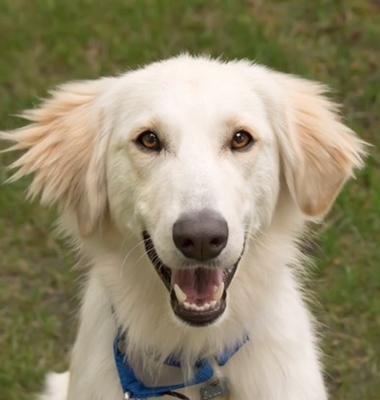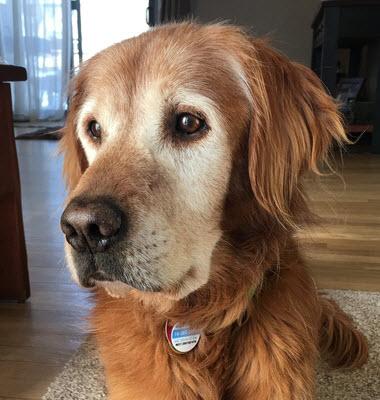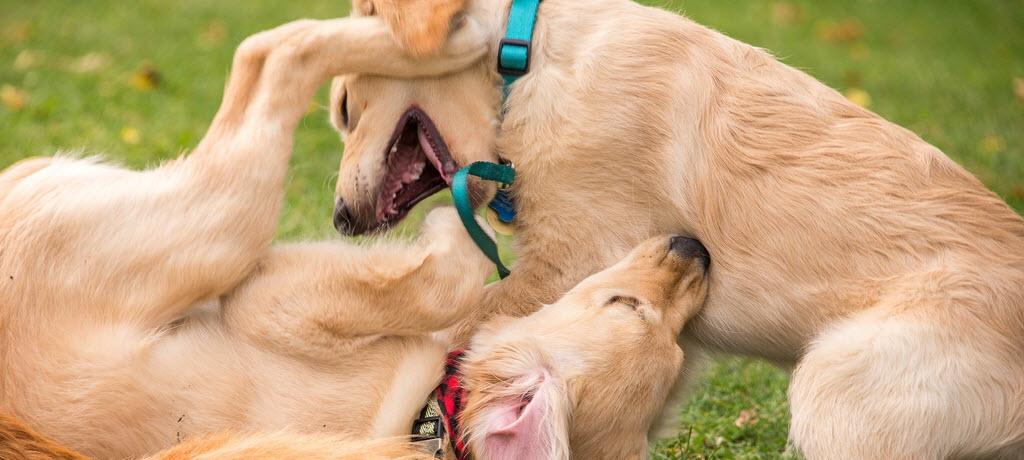As humans, we progress through developmental stages in the process of aging, and our needs and expectations change with each stage. Our four-legged family members also experience significant changes from birth to old age.
Puppies, youngsters, adults, and senior dogs have varying needs. An adoptive family must meet those needs and should consider where they are collectively as humans when deciding to bring a new dog into their home. The important question is, “What can we handle?”
We all know the pure joy of puppies and everything that entails: puppy breath, puppy kisses, chubby bellies, and those big clumsy feet. Along with those wonderful attributes, however, come razor sharp teeth, indefatigable energy, potty and poop accidents on the carpet, and lots of jumping, just to name a few.
A family or individual adopting a puppy must consider if they can devote the necessary time, patience, and energy to housetraining and obedience training. Are they willing to sacrifice upholstered furniture, stuffed animals, and a beloved shoe (or two or three) to the destruction that comes with puppy madness? For most dogs, puppyhood lasts approximately 18 months. Can the family or individual’s patience last as long?

From about 18 months until approximately three years, an adopting family will have a rambunctious and, at times, infuriating youngster on their hands. While housetraining may no longer be an issue, other challenges arise.
A dog at this stage is still learning about their strength and testing their place in “the pack.” A family must commit to begin or continue obedience training and provide lots and lots of exercise. And they might want to continue hiding shoes, throw pillows, and children’s toys.

At approximately three years, a dog enters adulthood. When adopting a dog in this stage, a family must understand that the dog will need time to adapt to new surroundings. The behavior and demeanor of an adult dog in a new environment is a product of prior training and experiences.
Adopting an adult dog will be most successful when this new relationship is approached with love, patience, an appreciation of past circumstances, and a willingness to provide stability and consistency.

For many adopters the sweet, white “sugar-face” of a senior dog is as compelling as puppy breath is to others. There is something so poignant and beautiful about loving a sweet, senior soul. A family or individual who opens their heart and home to a senior is very special indeed.
Not only will their time with these special dogs be limited, but these adopters understand that a senior rescue dog will likely be traumatized by their abrupt change of circumstance. Adequate time to adapt and proper senior veterinary care are essential. A senior dog, given patience and love, is priceless.

The decision to adopt a dog is a big one. It requires careful consideration of family circumstances and many aspects of the dog: prior experiences, behavioral tendencies, breed, gender, and age. When taken seriously and with much family discussion, the decision to adopt a rescue dog will offer a lifetime of love and joy.

